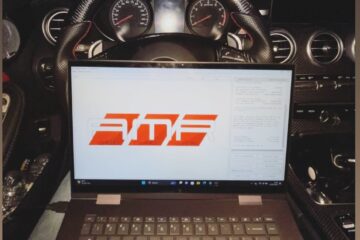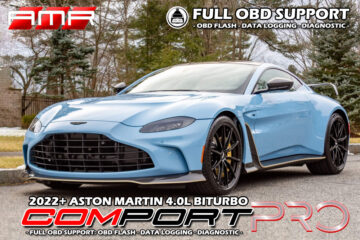ECU – Engine Control Unit
Engine Control Unit (ECU) also known as a Engine Control Module (ECM), is often referred to as the “brain” or “controller” of an engine. Sensors throughout the engine send data readings known as (inputs) to the ECU/ECM to monitor and record. The ECU/ECM then makes decisions based on this monitored or recorded data based on specifications from the vehicle’s calibration (tune/map) and “outputs” the operating behavior such as ignition, fuel, etc…
Why do some people use ECU while others use ECM? Different automotive manufacturers have adopted one term or the other causing drivers to also use one or the other. For example, Japanese and Korean auto manufacturers generally refer to their vehicle’s main controller as “ECU” while GM generally uses “ECM”.
TCU – Transmission Control Unit
The Transmission Control Unit (TCU) or Transmission Control Module (TCM), is the main controller for an automatic (AT), direct clutch (DCT), and direct shift gearing (DSG) transmission. Like your vehicle’s ECU/ECM, the TCU or TCM logs data (inputs) provided by sensors in the transmission as well as the engine that monitor things like engine speed, torque output, oil temps, wheel speed, etc.
TCU/TCM uses those sensor inputs to determine the optimal time to shift gears. However, manual cars don’t have a TCU/TCM because the driver makes those decisions based on the LOAD, RPM, and driving characteristics.
A TCU/TCM directly impacts the driving experience and vehicle performance. A transmission that up-shifts or down-shifts poorly not only contributes to less-than-ideal fuel economy, performance, driving and characteristics but also cannot put its engine’s power to the pavement like it should.
Think of it like an experienced (ideal) manual driver. They know when to shift and how to shift well in all types of driving situations—they can take full advantage of the vehicle’s power.

